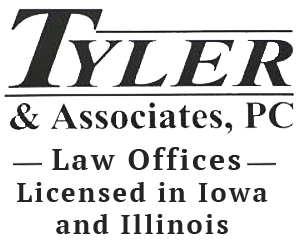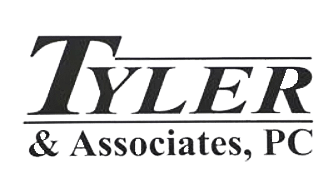Industrial hazards exist in all industries in Iowa, and although mining and construction workers are at the highest risk, blue-collar workers and technicians in various manufacturing industries also face many risks. Open wounds, muscle strains and sprains, fractures, and more are prevalent in all industries. The severity of workplace injuries can vary from muscle strains to traumatic brain injury and spinal cord injuries.
Although the nature of the industry in which you earn your living may make it impossible to eliminate all the risks, the Occupational Safety and Health Administration provides guidelines along with strict regulations to limit workplace injuries. However, only with proper training in all aspects of workplace safety and compliance can the OSHA guidelines be of any value.
Typical hazards in all industries
By your employer providing safety training on a regular basis, you and your co-workers will be able to recognize potential dangers, know how to avoid injury and also how to report any unaddressed hazards to your supervisor. The following are examples of areas in which safety training can minimize workplace injuries:
- Fall hazards — Falling from elevated levels is near the top of the list of hazards across all industries. There are various types of equipment that can prevent falls or arrest falls. Warning signs, control lines and safety guards on unprotected edges of roofs, walkways and other heights can prevent falls. A safety net or a harness can arrest your fall, but only if you have been trained in the proper use of it. The harness must fit your body, and you must know where to securely anchor the lanyard.
- Inappropriate machine use — You can insist on training before operating an unfamiliar piece of equipment. Furthermore, you can insist on proper machine guarding and lockout/tag-out devices along with training in the use of it. Too many amputation injuries occur when an employee cleans or does maintenance on a machine that can activate at any moment because it was not de-energized. These safety rules not only apply to machines mounted within a factory but also moving equipment such as elevated platforms and forklifts.
- Physical injuries — You will be at risk of a variety of injuries such as fractures, muscle sprains and back strains, regardless of the industry in which you work. Proper training for every task, and using the appropriate personal protective equipment can prevent harm, but only if you know exactly how to use it. Furthermore, learning safe lifting techniques can serve to protect your back.
- Medical emergencies — If you or another staff member receives first-aid training, it can be invaluable — not only in events of scratches, minor cuts and bruises but also to perform essential stabilizing treatment after a serious workplace accident before the arrival of emergency workers. Learning how to do CPR can save a coworker’s life.
While proper training in these four aspects could protect you from harm, an industrial accident could still cause severe workplace injuries. Fortunately, the Iowa workers’ compensation insurance system is there to provide financial assistance. Your medical bills resulting from the accident may be paid along with a percentage of lost wages if you suffer an injury that results in days off from work. Consult an attorney to discuss filing a workers’ compensation claim.

